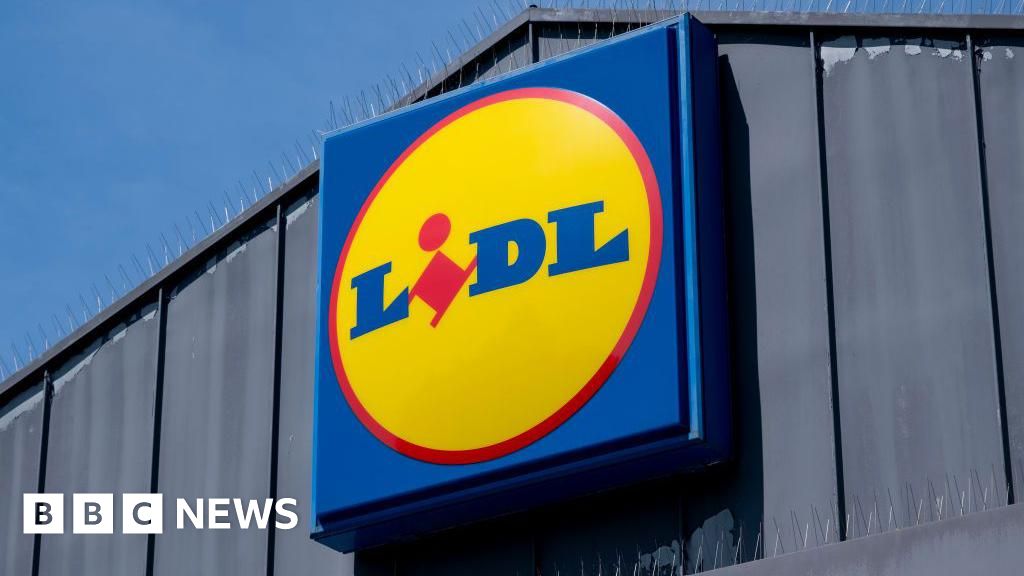Next said a sharp rise in overseas sales has been helped by the likes of Netflix, Amazon Prime and TikTok "exposing" people to international fashion trends.
The High Street retailer reported that overseas revenue jumped by 23% in the first half of its financial year compared to 1% growth in the UK.
Next said it performed better in more affluent countries geographically closer to the UK, but said it was expanding further afield to India and targeting customers in Japan, China and Australia among others.
"Global entertainment is exposing people to international fashion trends in a way they never have been before - think of the global reach of Netflix, Amazon Prime, YouTube and TikTok," it said.
In its results for the six months to 27 July, Next said: "It appears that international tastes in clothing are converging more rapidly.
"International media and global brands expose us to new ideas. They also make looks that might otherwise seem too radical more acceptable."
Next said sales were highest in mainland Europe. Although it said: "There is a marked difference between different cultures and climates", adding: "We tend to do much better in Northern Europe than Southern Europe".
The fastest growing market was in the Americas, where sales jumped by 67%.
Next's overseas sales were mainly made up of its own-branded goods but said fashion firms it has bought in recent years - including Friends Like These, Cath Kidston and Reiss - have also grown in popularity, making up 42% of online sales.
The company is planning to lift its overseas marketing spending from £24m to £41m.
In the UK, sales of its own-branded clothing fell by 0.9%, which it put down to a cooler summer than the previous year.
Overall, Next's sales rose by 8% to £2.9bn while pre-tax profits increased by 7.1% to £452m.
The retailer lifted its full-year profit guidance by £15m to £995m.
The retailer confirmed plans to appeal an August ruling which could see it paying more than £30m to 3,500 current and former workers.
An employment tribunal ruled that store staff, who are predominantly women, should not have been paid at lower rates than warehouse workers, more than half of whom are male.
But Next argued that warehouse workers are paid more than shop staff in the wider labour market.
On Thursday, Next said it was "very confident" of its grounds for appeal, but warned that "in the possible (but unlikely) event" that it loses, "there will be a financial cost to the group and its ongoing future operating costs".

 Movie
Movie 3 months ago
43
3 months ago
43 





![Presidents Day Weekend Car Sales [2021 Edition] Presidents Day Weekend Car Sales [2021 Edition]](https://www.findthebestcarprice.com/wp-content/uploads/Presidents-Day-Weekend-car-sales.jpg)



 English (United States)
English (United States)